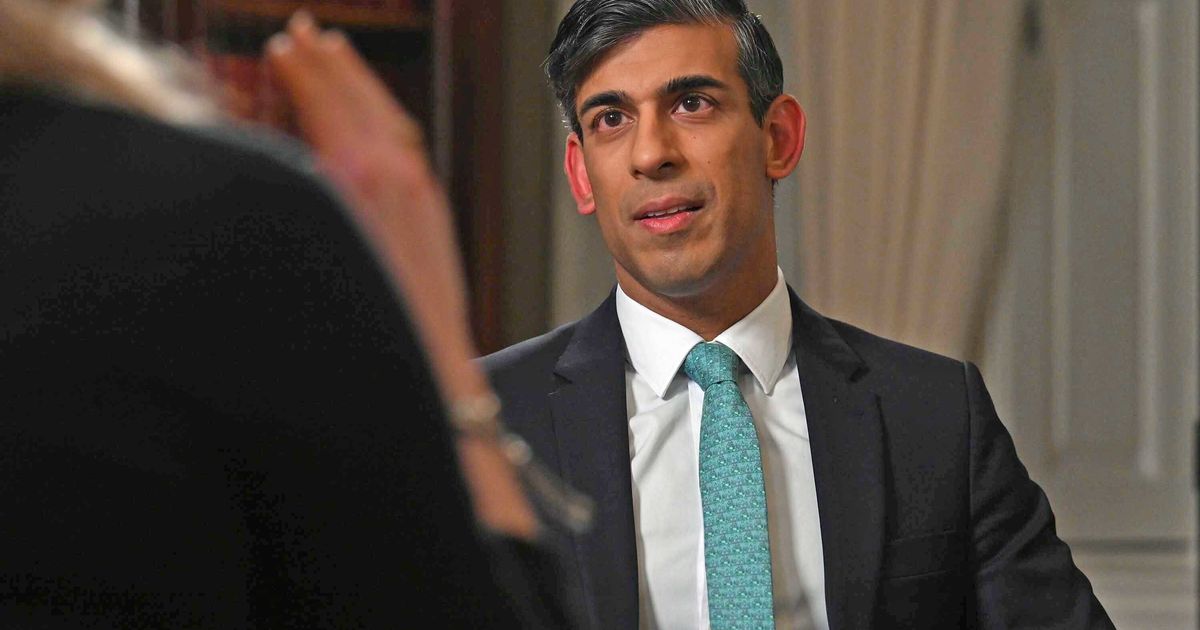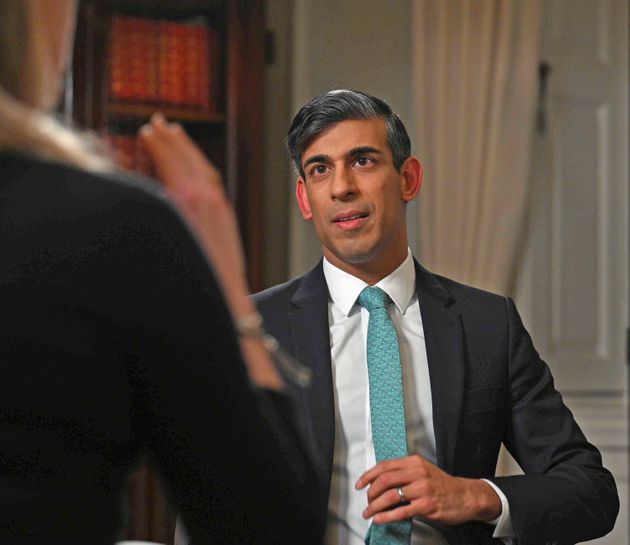Tech bosses will face large fines if they fail to comply with new internet laws under government plans strengthening its long-awaited online safety bill.
The proposed legislation, which has been in progress for around five years and is to be brought before parliament on Thursday, will crack down on social media platforms exposing users to harmful content.
Ofcom, the new regulator for the sector, will have the power to fine companies or block access to sites that fail to comply with the new rules.
Among a series of updates, company executives will be criminally liable if they fail to comply with information requests just two months after the bill becomes law, rather than the two years previously drafted.
Destroying evidence, providing false information in interviews and obstructing the regulator when it enters company offices will also be punished.
Under the updated bill, the biggest social media platforms must also tackle so-called “legal but harmful” content.
But what is deemed “legal but harmful” will now be set out in secondary legislation approved by parliament, which the government says will prevent social media executives determining what appears.
Other updates include a new requirement to report child sexual abuse to the National Crime Agency.
The government has also said news content will be exempt from any of the regulations as part of efforts to protect free speech.
“The internet has transformed our lives for the better. It’s connected us and empowered us. But on the other side, tech firms haven’t been held to account when harm, abuse and criminal behaviour have run riot on their platforms,” culture secretary Nadine Dorries said.
The changes come after MPs, peers and campaigners warned the initial proposals failed to offer the expected user protection.
That has since sparked a number of other recently announced changes to the draft bill, including bringing paid-for scam adverts into scope, requiring sites that host pornography to ensure their users are 18 or over and criminalising cyberflashing.
Damian Collins, chair of the joint committee on the draft online safety bill, which scrutinised the previous version of the proposed rules, said it was a “huge moment for the safety of all internet users”.
“The UK is leading the world with legislation to finally hold social media companies for the offences that take place on their platforms, like hate speech, fraud, terrorism, and child abuse,” he said.
However, some campaigners have expressed concerns about the ongoing use of the phrase “legal but harmful” and the impact it could have on free speech.
Jim Killock, executive director of the Open Rights Group, said using the term amounted to the creation of a “censor’s charter”.
“Unbelievably while acknowledging the sheer amount of power (Facebook executive) Nick Clegg and other Silicon Valley bigwigs already have over what we can say online, Nadine Dorries has created a bill that will grant them even more,” he said.







